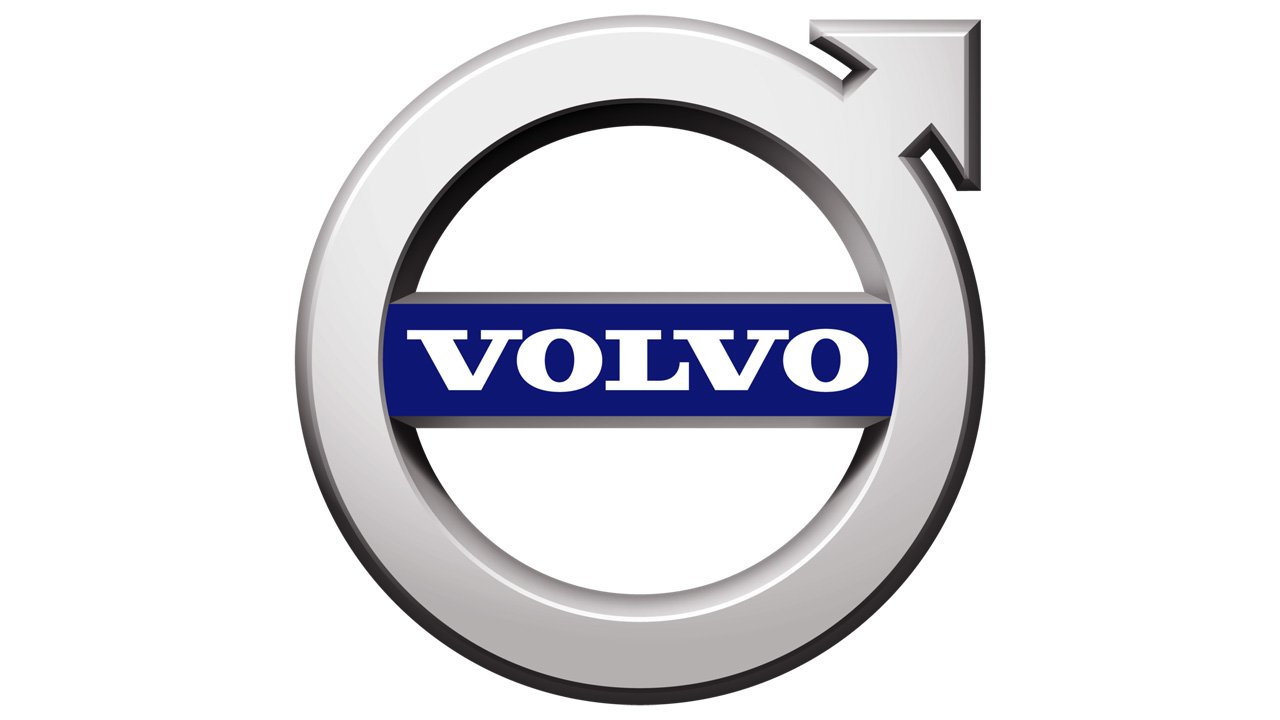Batteries for Tesla Vehicles
Batteries are the best option for Tesla vehicles that are commercial models. However, they hold less traction for the Volvo Group that favors hydrogen. Now there is a push to electrify transportation. This includes large developments for heavy-duty vehicles including a broadening range of zero-emission trucks, buses and service vehicles.
Under particular pressure are the European truckmakers from the EU to get off fossil fuels and get rid of carbon emissions from their vehicles in the decades to come. Therefore, to meet specific targets under the Paris Agreement.
However, for Swedish truckmaker Volvo (which is separate from the Volvo Cars), that means in fact most of its products will need to be electric by 2040, says Chief Technology Officer Lars Stenqvist.
Batteries and Eventually Hydrogen use for the Volvo Group
Lars Stenqvist says he is convinced that such a big player as the Volvo Group will need both technologies. He feels they will need both as they serve different purposes. Somewhere between 2026 and 2030, we will have hydrogen fuel cell electric vehicles on the market during the second half of this decade.
Electric Cars
To decline lithium-ion battery costs and moreover improve the safety of battery packs in recent years. It is giving the automakers such as General Motors, Volkswagen, and Ford confidence. In fact, they will profitably sell electric cars in the years to come. Moreover, Tesla is back in the black the past year. However, its sales of emissions credit other automakers, as well as free money which is worth $1.58 billion in 2020. It will remain crucial to its quarterly profits.
Prioritizing hydrogen and sell fuel cell models to drivers in California. Even Toyota, Honda, and Hyundai and in Japan, South Korea, and Germany as well. They are ramping up battery-powered offerings as that option has gains increasing consumer acceptance. Moreover, the heavy-duty vehicle market may unfold in a different way or ways.
Fuel-Cell Joint Venture
Daimler Truck and the Volvo Group in a related development this past Tuesday that completed the formation of “cellcentric.” It is their fuel-cell joint venture which was announced in 2020. Volvo Group bought a 50% stake in the previous Daimler Truck Fuel Cell GmbH & Co for roughly 600 million ($725 million) as part of the deal. Moreover, the new company will go on to develop, produce and commercialize fuel-cell systems for use in heavy-duty vehicles.
Batteries for Short-Range Applications and More
Like that of manufacturers including technology partner Daimler and Nikola Motors in Volvo’s view is that the batteries are more suited for shorter-range applications and for fleet vehicles and buses. They regularly return to fixed fueling depots.






